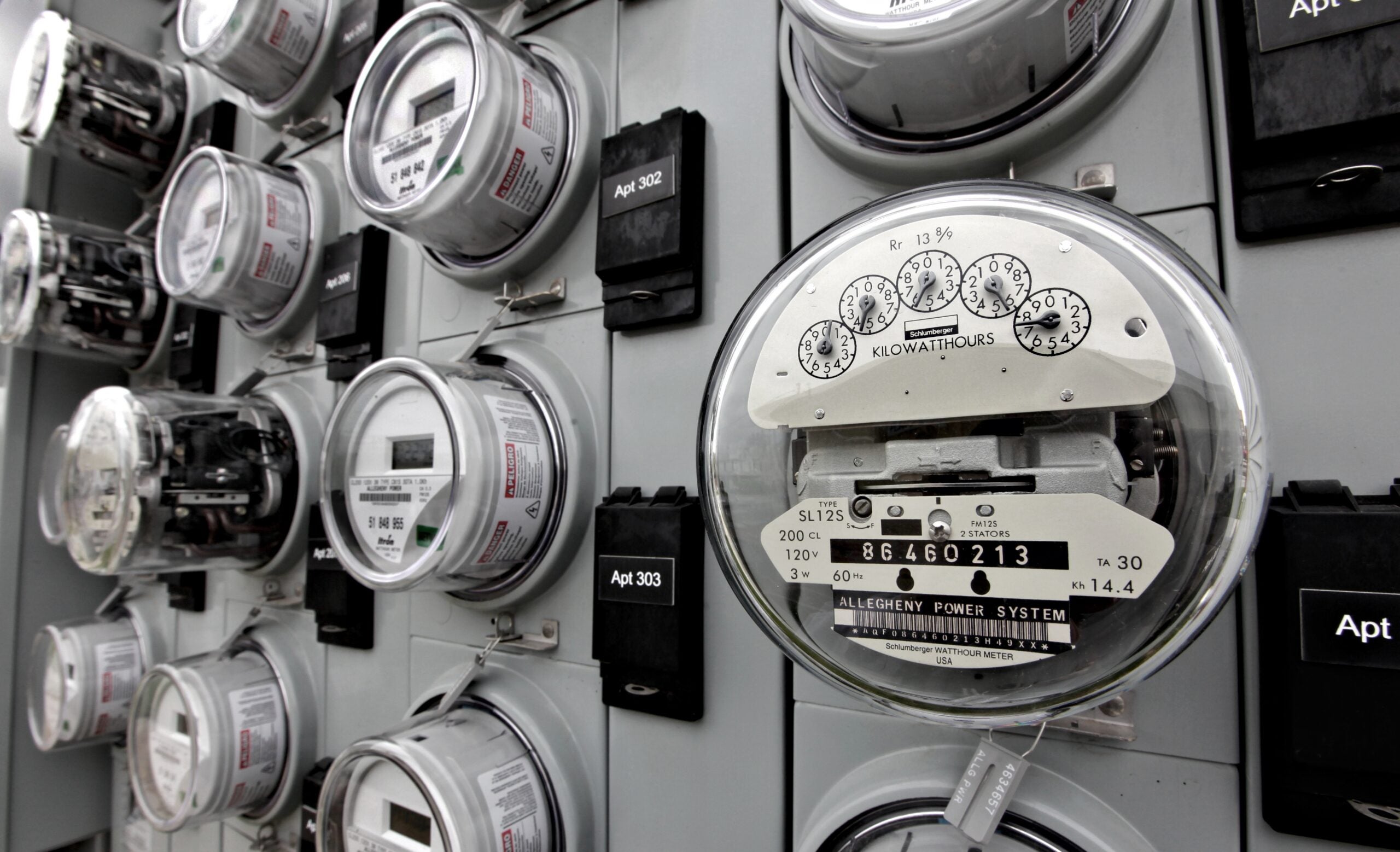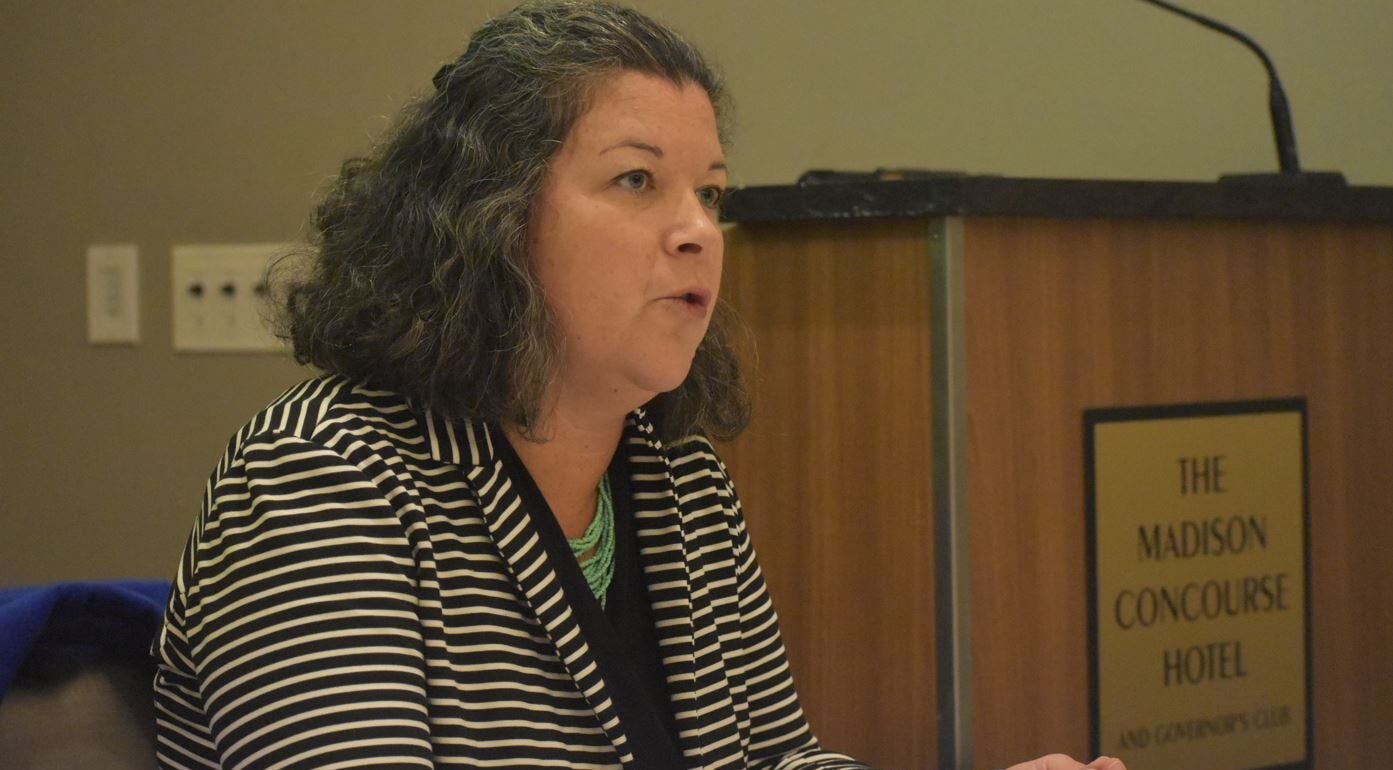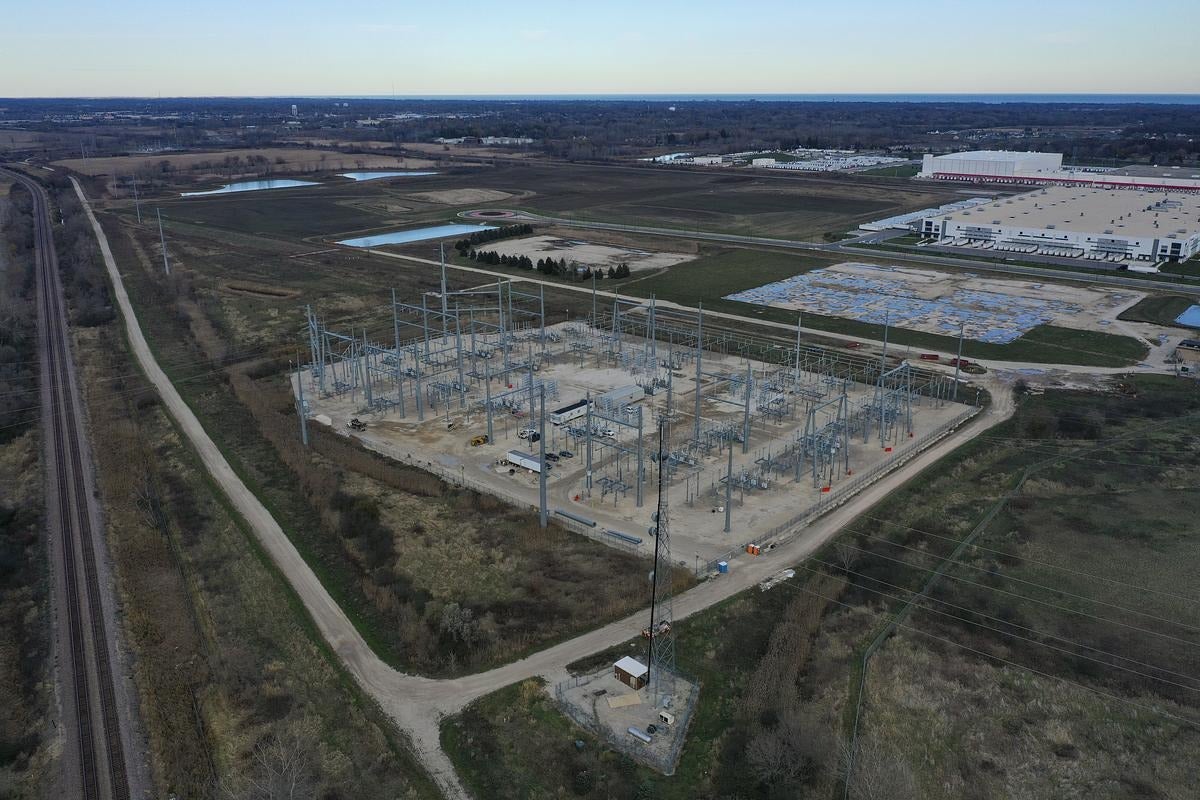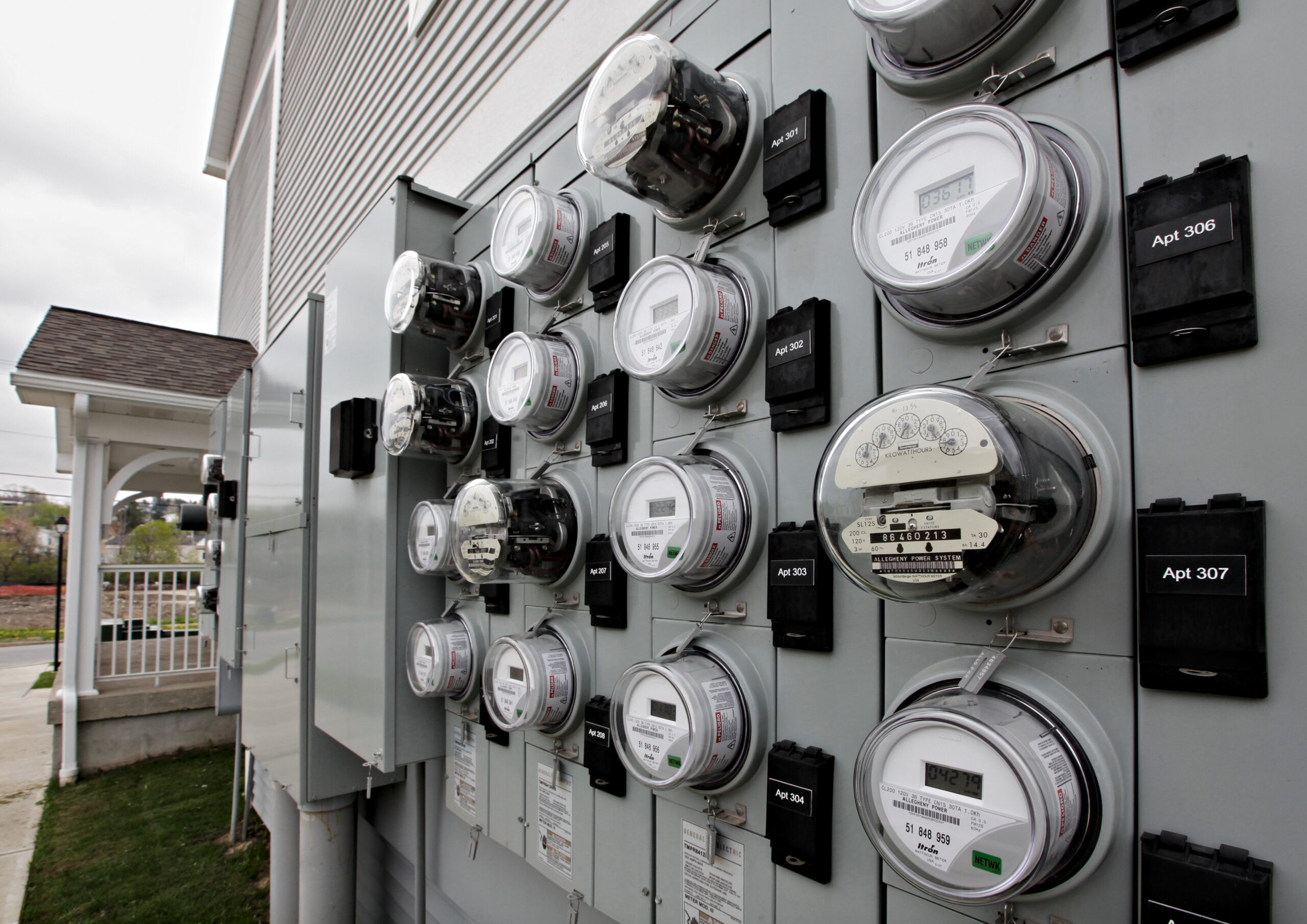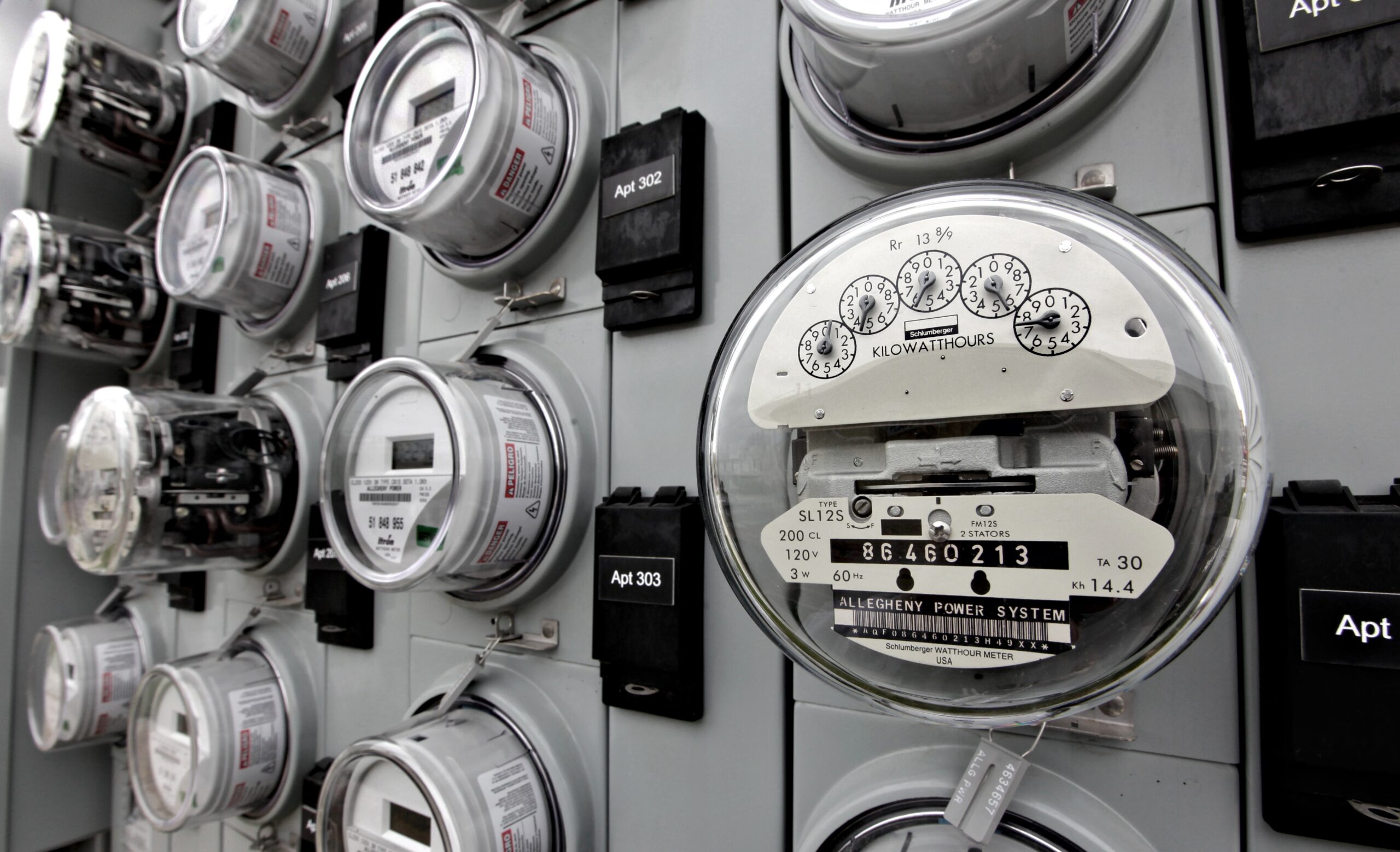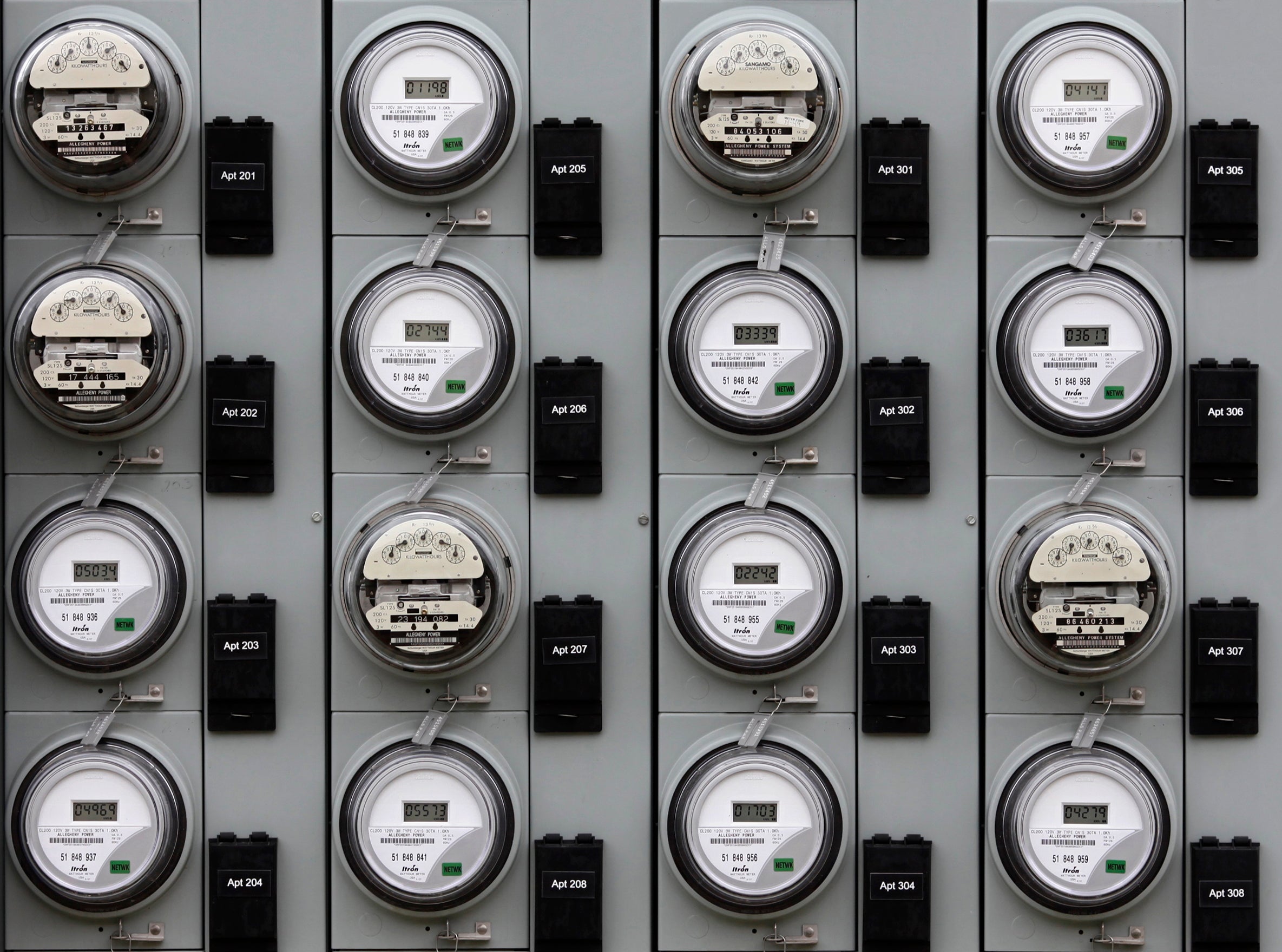The Public Service Commission of Wisconsin this week ruled on the last of a series of requests to increase electric rates for Wisconsin utilities.
The commission reviewed new requests by Madison Gas & Electric, Xcel Energy and Alliant Energy to increase rates in 2024 and 2025, as well as limited requests by We Energies and Wisconsin Public Service to modify 2024 rates after they were set last year.
In their requests, utilities said the rate increases would help fund construction of renewable energy projects and grid modernization efforts. In the three new cases, regulators scaled-back the size of the electric rate hikes and took steps to limit utility profits, signaling an increased focus on affordability.
News with a little more humanity
WPR’s “Wisconsin Today” newsletter keeps you connected to the state you love without feeling overwhelmed. No paywall. No agenda. No corporate filter.
At a meeting discussing Madison Gas & Electric, or MGE, earlier this month, Commission chair Rebecca Cameron Valq said regulators were contemplating overlapping issues in many of the rate cases. She said affordability concerns have become front and center.
“You have a lot of capital being expended by the utilities, and you have a lot of customers — whether they are low- to moderate-income customers, residential customers, business customers, commercial customers — who are saying, ‘We can’t sustain additional rate increases,’” she said. “Those are the two things that came through loud and clear.”
PSC limits rate hikes, profits in three new rate cases
In MGE’s case, the Public Service Commission, or PSC, approved an estimated 5.8 percent electric rate increase over two years. Initially, the utility requested a nearly 7.2 percent increase over two years. The PSC also voted to reduce the utility’s profit rate from 9.8 percent to 9.7 percent.
That translates to an estimated $3.03 increase in 2024 on an average residential customer’s monthly electric bill, followed by another $5.73 average monthly increase in 2025.
For Alliant Energy, the commission approved an estimated 8.4 percent electric rate increase over the next two years instead of the utility’s requested 13.8 percent hike. The PSC also approved cutting Alliant’s profit rate from 10 percent to 9.8 percent.
The approved increase equates to an estimated $6.74 increase for average residential monthly electric bills in 2024, and $8.02 the next year.
Regulators also denied Alliant’s request to change reimbursement for solar customers putting energy back into the grid.
In Xcel Energy’s case, the PSC approved a 0.1 percent rate increase for 2024 instead of the 4.8 percent hike the utility requested. That equates to an estimated $0.62 increase on an average residential customer’s monthly electric bill.
Xcel also asked to boost its profit rate from 10 percent to 10.25 percent. The PSC rejected that request and instead cut the rate to 9.8 percent.
Valcq called the utility’s request to boost its profit rate, or return on equity, “bold” after commissioners cut profit rates for We Energies and Wisconsin Public Service last year.
“I think that the evidence on the record demonstrates that a moderate decrease to the ROE (return on equity) is justified,” she said at a meeting this month.
Regulators approve ‘limited’ rate reopener for We Energies, WPS
On Tuesday, the PSC also weighed in on rate re-openers for We Energies and Wisconsin Public Service, utilities both owned by WEC Energy Group.
The case stemmed from the utility’s rate hike last year, when regulators authorized WEC to seek recovery from projects going into service in 2023 and 2024, as well as operations and maintenance costs at retiring coal plants.
The commission approved a 2.5 percent electric rate increase for We Energies and a 2.6 percent rate decrease for WPS.
The average residential customer for We Energies can expect an estimated $3.89 increase in their monthly electric bill next year. Meanwhile, average WPS residential customers can expect an estimated $3.14 decrease in their monthly electric bill.
The PSC was not able to modify profits in the WEC cases, due to their limited scope. But regulators did reduce profits for We Energies and WPS last year.
“Energy affordability and energy burden is always an important part of our decision as we work to balance the interests of customers and the utility companies,” Valcq said Tuesday.
Utility watchdog reacts to PSC decisions on rates, profits
The Citizens Utility Board of Wisconsin, or CUB, asked the PSC to slash utility profits and provide more manageable rate increases for customers in each of the rate cases.
Tom Content, the organization’s executive director, said he’s encouraged by regulators’ focus on affordability. CUB had advocated for profit rates closer to 9.3 percent.
While the PSC approved profit rates higher than the watchdog was seeking, Content said the regulators still “sent a clear signal” to utilities with their profit rate cuts for MGE, Alliant and Xcel.
“They agreed that the profits have been too high for too long, they need to come down and that’s producing savings for customers,” he said. “Customers of those three utilities will save about $56 million over the next couple of years.”
Content also said the PSC also told Alliant and We Energies it wants to see customer savings from coal plant retirements, rather than seeing utilities profit off dead coal plants. In fact, the commission asked We Energies for a comprehensive analysis on how to save customers money as coal plants retire.
“It’s just so important to make sure that this energy transition is cost-effective and affordable for everybody,” he said. “It was a really strong signal that the commission sent to utilities this month with these two decisions because they want to see more opportunities for savings.”
Editor’s note: The Citizens Utility Board of Wisconsin, Madison Gas & Electric and Alliant Energy are sponsors of Wisconsin Public Radio.
Wisconsin Public Radio, © Copyright 2025, Board of Regents of the University of Wisconsin System and Wisconsin Educational Communications Board.

